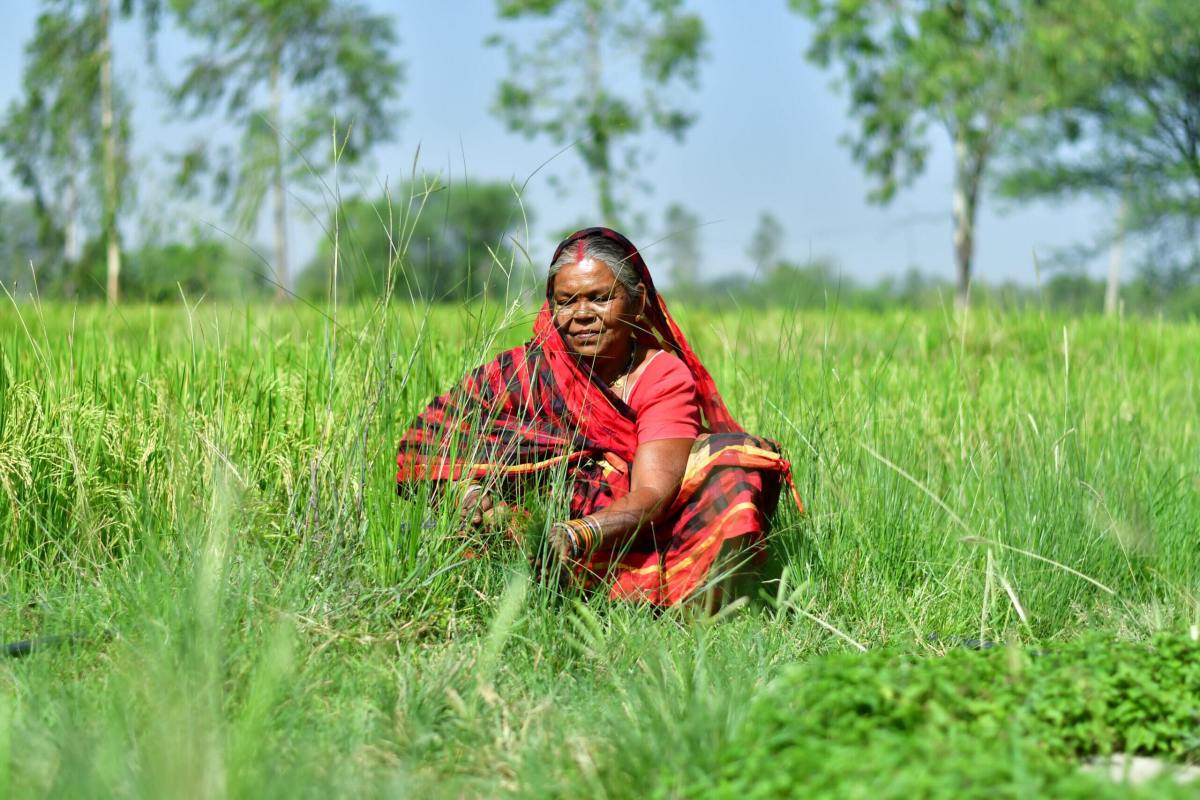Xprize Awarded to Innovative Carbon Removal Technology

▼ Summary
– Mati Carbon won the Xprize Carbon Removal competition with a $50 million grand prize for its enhanced rock weathering program that sequesters carbon in soils.
– Enhanced rock weathering involves pulverizing basalt rocks to increase their surface area, spreading the dust on farmland to mineralize carbon and add nutrients.
– Mati provides basalt to farmers for free, funded by grants and carbon removal credit sales, aiming to deliver 5,000 to 6,000 metric tons of credits this year.
– The company projects selling credits for under $100 per metric ton by the early 2030s, with long-term prices dropping to $70-$80 per metric ton.
– Mati operates in Zambia, India, and Tanzania, with plans to expand to three more countries, aiming to benefit 200 million smallholder farmers globally.
Sometimes the simplest idea prevails.
This was evident on Wednesday when Mati Carbon won the Xprize Carbon Removal competition, securing the $50 million grand prize for its innovative enhanced rock weathering program that sequesters carbon in soils for millennia.
Supported by the Musk Foundation, the competition also recognized NetZero for its biochar production, Vaulted Deep for processing and burying waste biomass, and Undo Carbon, another enhanced rock weathering venture. Mati outperformed finalists employing various technologies, from direct air capture to ocean alkalinity enhancement.
“It’s truly an honor to be chosen among the leading figures in carbon removal competing for this prize,” said Shantanu Agarwal, founder and CEO of Mati Carbon.
Mati’s approach, enhanced rock weathering, is straightforward. The company pulverizes rocks that naturally convert carbon dioxide into stable minerals, increasing their surface area to expedite carbon absorption. The rock dust is then spread on farmland, where it mineralizes carbon and adds micronutrients to the soil.
Multiple types of rocks can be used for enhanced rock weathering, but Mati utilizes basalt, a volcanic rock found in several global regions. Fine basalt particles often come from leftover aggregate used in construction.
Logistics are essential for effective carbon removal through enhanced rock weathering. Mati provides basalt to farmers at no cost, funded through a mix of grants and carbon removal credit sales. The company aims to deliver around 5,000 to 6,000 metric tons of carbon removal credits this year.
Agarwal projects that by the early 2030s, Mati will sell credits for under $100 per metric ton, with long-term prices expected to drop to $70 to $80 per metric ton. To verify the credits, the company samples eight plots for every three acres of farmland. As their database expands and models become more precise, fewer samples will be needed.
Approximately 200 million smallholder farmers could gain from incorporating basalt into their fields, according to Agarwal. These small farms, usually less than 24 acres, sustain about a billion people.
“If we utilize this method across 800 million to 900 million acres of farmland, we could achieve over a gigaton of carbon removal annually while boosting the income of impoverished farmers,” he stated.
After one season, farmers typically see a 25% productivity increase in fertilized soils and a 50% to 70% increase in degraded soils. The soil amendment also enhances water retention.
“This material can mean the difference between harvesting a crop and having no yield. In Zambia this year, farmers using the material on half their field saw crops thrive, while the untreated half yielded nothing due to drought.”
To reach these farmers, Agarwal acknowledges that Mati’s growth may be too slow. Consequently, Mati plans to offer free licenses to its enterprise resource planning (ERP) platform to organizations that commit to sharing at least 50% of profits with the farmers they serve.
Besides Zambia, Mati operates in India and Tanzania and plans to expand to three more countries this year, ultimately covering much of the Global South, a term for developing nations.
Unlike many climate tech startups, Mati is a public benefit company controlled by the Swahili Initiative, a 501(c)(3) nonprofit.
“I aim to establish a market mechanism and scale a nonprofit globally, ensuring a significant portion of the value benefits the farmer,” Agarwal said. “This Xprize will significantly advance our efforts in that direction.”
(Source: TechCrunch)